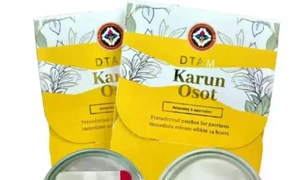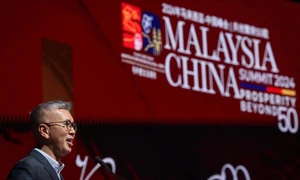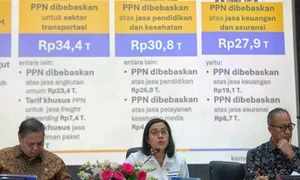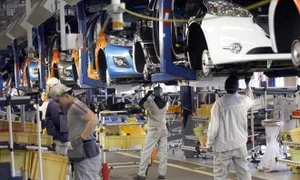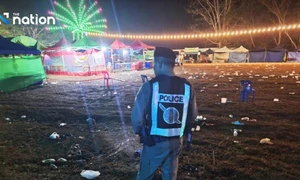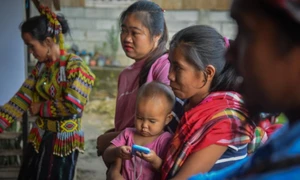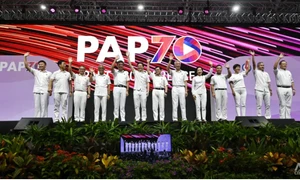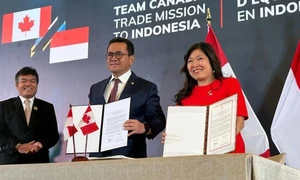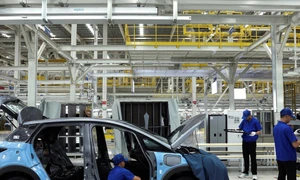The EPR law - the first of its kind in Southeast Asia - imposes penalties on companies over plastic waste. It is intended to achieve "plastic neutrality" by forcing large businesses to reduce plastic pollution through product design and removing waste from the environment.

The companies are obliged to cover an initial 20% of their plastic packaging footprint, calculated based on the weight of plastic packaging they put into the market. The obligation will rise to a ceiling of 80% by 2028.
The law covers a broad range of plastics, including flexible types that are commercially unviable for recycling and thus often go uncollected. However, it does not ban any plastics, including the popular but difficult to recover and recycle single-use sachets common in the Philippines.
So far, around half of the eligible companies under the law have launched EPR programmes.
More than 1,000 companies are also expected to do so by the end of December or face fines of up to 20 million PHP (343,000 USD) and even revocation of their operating licenses.
According to Environment Undersecretary Jonas Leones, the law removed 486,000 tonnes of plastic waste from the environment in 2023.
The figure exceeds the 2023 target and is part of a broader strategy to reduce the environmental impact of plastic pollution. The law allows companies to sell plastic credits, and the project is making a tangible difference. However, he said, the law has yet to create a circular process for plastics.
However, Floradema Eleazar, an official from the United Nations Development Programme (UNDP), asserted that EPR is still a very strong policy. According to World Bank (WB)'s estimates, the Philippines, with a population of 120 million, generates about 1.7 million tonnes of post-consumer plastic waste annually, of which more than 30% ends up in landfills and 35% is illegally dumped./.


